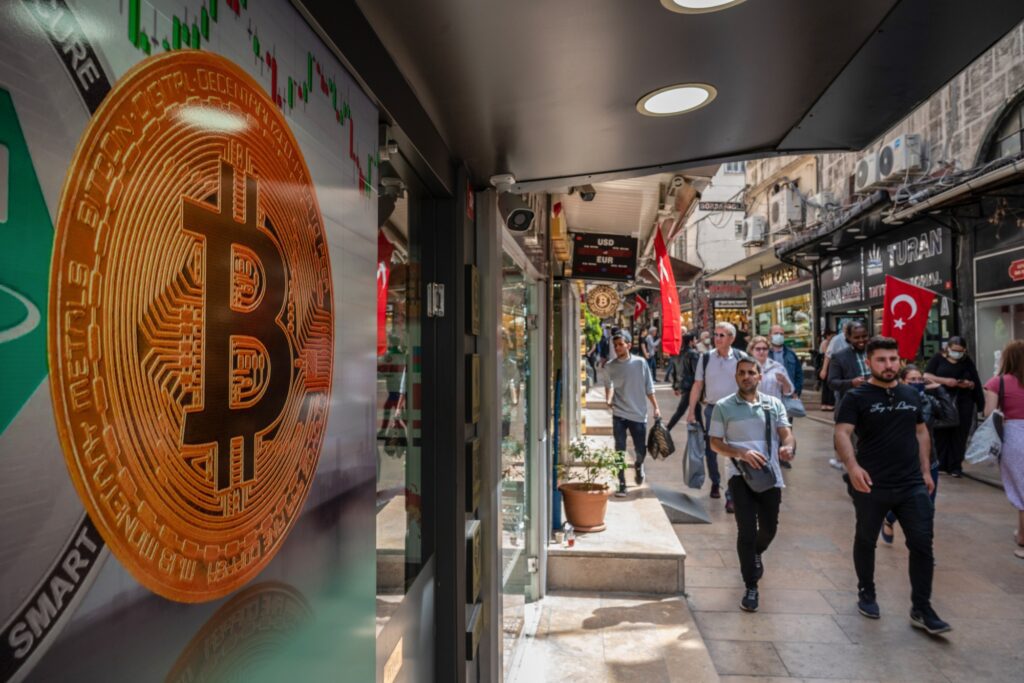As the government strives to create a more orderly legal environment for crypto assets, Turkey is seeing a surge in applications for digital currency licenses.
This trend, fueled by a combination of legal clarity and economic considerations, shows how eager cryptocurrency companies are to operate in the country.
The continued devaluation of the Turkish lira and high inflation rates have prompted many people to seek alternative investment opportunities, increasing the demand for cryptocurrencies.
Crypto: evolution of regulation
Currently in the final stages of review, the Turkish government is calling on virtual asset service providers (VASPs) to obtain permits from the Capital Markets Board (CMB). The program aims to improve investor security and provide a safe space for cryptocurrency trading.
The CMB ensures that the rules are followed. This is very important to gain the trust of investors and bring Turkey closer to international standards.

Turkey ranks high in terms of adoption rates globally and has become one of the fastest-growing bitcoin markets in recent years. Reports indicate that over the past year, the country has seen an eleven-fold increase in cryptocurrency usage; many people are turning to digital assets as a hedge against economic uncertainty.
Turkey does not yet have comprehensive cryptocurrency laws, but there are rules in place to control the sector. In January, Turkish Finance and Treasury Minister Mehmet Simsek suggested that the country’s cryptocurrency bill was nearly complete. But the long-awaited bill has yet to be introduced in parliament.
Economic aspects favoring adoption
Interest in cryptocurrencies has been sparked by the country’s economic situation. Many people are looking for new ways to protect their investments as inflation in August 2023 exceeds 60% and the value of money is at its lowest. The fall of the pound has made cryptocurrencies an interesting way to diversify and save.
According to Chainalysis, the Turkish cryptocurrency market is the fourth largest in the world with a trading volume of over $170 billion. This places the Turkish bitcoin market ahead of Germany, Russia, Canada, Vietnam, and Thailand.
Paribu, a local cryptocurrency exchange, has seen an increase in trading volumes, especially in stablecoins such as USDT. Investors in Turkey frequently use stablecoins as a way to mitigate currency risk.
The shift underscores a broader trend in which individuals are increasingly using digital assets to protect their finances during difficult times, in addition to being used for investment purposes.
The road ahead
Turkey is currently working on its rules for cryptocurrencies, which shows that the sector has great potential for the future. To encourage creativity and attract foreign capital, the government wants to clarify the system.
At the same time, the construction of the Istanbul Financial Center to encourage the spread of fintech will create an ideal environment for the advancement of blockchain and bitcoin-related projects.
Featured image from Bloomberg, chart from TradingView




